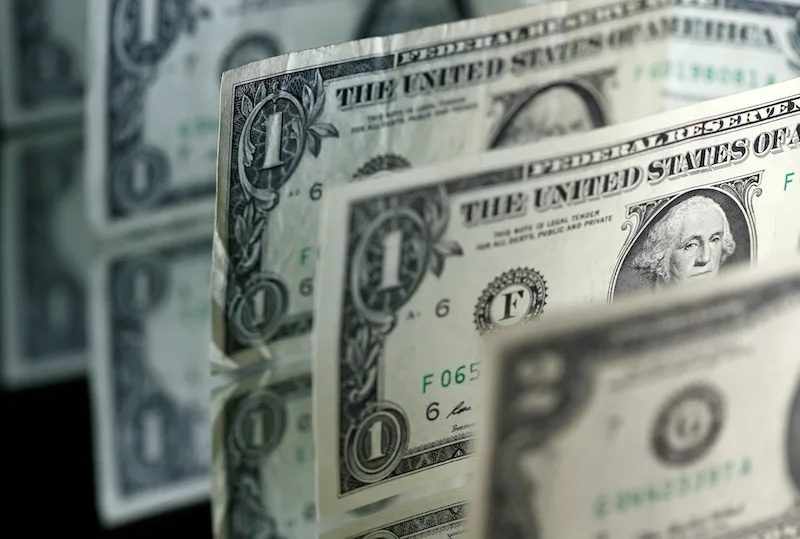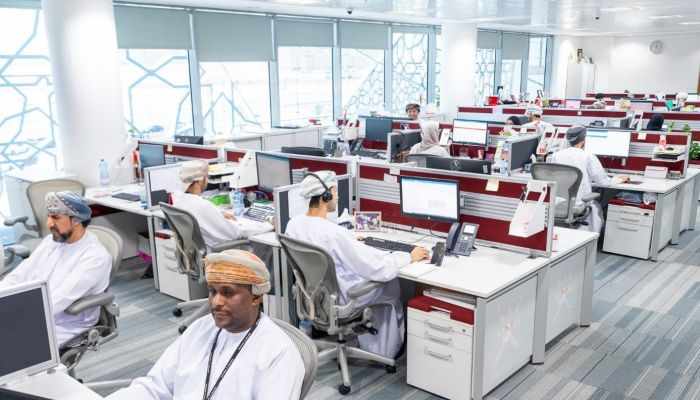VAT in the Sultanate of Oman: One year on
- Date: 28-Apr-2022
- Source: Zawya
- Sector:Financial Markets
- Country:Oman
VAT in the Sultanate of Oman: One year on
The upgrade is also partially due to the significant increase in oil prices since the start of 2022 as well as a recognition of Oman’s alignment with the steps previously prescribed by the International Monetary Fund (IMF) with regards to fiscal policy.
Beyond government income, the impact on the wider economy of a regressive tax such as VAT is truly fascinating but our scope here is limited to its effects on the real estate market and its participants.
At a basic level, VAT should not have a significant impact on developers as all costs are recoverable, this means that all VAT paid by the developer towards construction, consultancy or other services can be recovered against VAT received from sales. However, this assumes a standard development model where the developer would aim to exit the development as quickly as is feasible. If, however, the developer adopts a static pricing model and holds on to the assets until this price is met, there will likely be a significant lag between VAT being paid and being recovered, which will be an additional cash flow hurdle to overcome.
At another level, given recent market conditions, demand had been limited for many developments even at pre-VAT pricing; naturally,






















